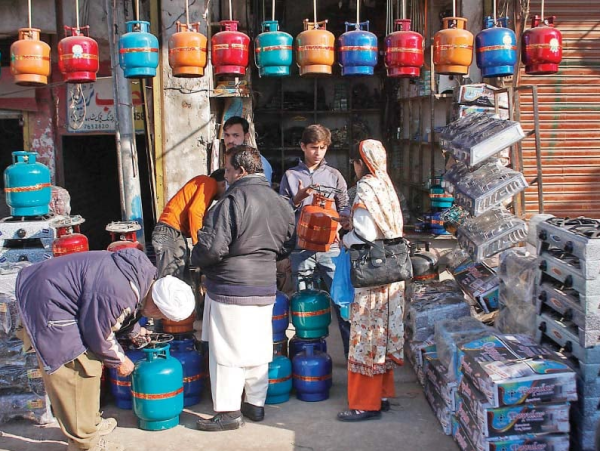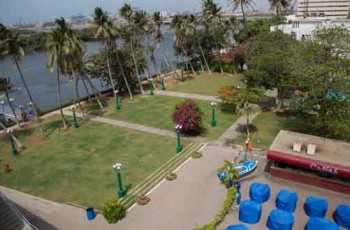
Every now and then, we hear about gas cylinder explosions resulting in the loss of lives. So, OGRA has suggested that the PTA launch a public awareness campaign to ensure safe LPG use.
A letter from OGRA to the PTA mentions that various incidents have resulted in fatalities due to LPG accidents. Consequently, there is an urgent requirement to launch a public awareness campaign aimed at averting LPG cylinder accidents.
The letter highlights that using LPG cylinders in public transportation is highly dangerous and strictly prohibited according to the LPG Rules of 2021.
OGRA has crafted a public service message for the PTA, which can be used as a ringtone through telecom providers and shared as a text message to educate individuals about safe LPG use.
Why is Safe LPG Use Critical?
Approximately 7 million households and many businesses heavily rely on Liquefied Petroleum Gas (LPG) for daily activities such as cooking and heating. Ensuring safe LPG usage is critical for various reasons.
Firstly, LPG’s flammability demands strict safety measures to prevent accidents and protect lives. Secondly, LPG is a finite resource, so its wastage affects the environment and resource availability.
Economically, businesses relying on LPG must adhere to safety guidelines to avoid financial losses and damage to their reputation.
Lastly, promoting safe LPG practices aligns with regulations and fosters a culture of responsibility. Prioritizing safe LPG use is crucial for preserving lives, conserving resources, maintaining economic stability, and upholding legal and ethical standards.
10 Tips on Safe LPG Use in Homes, Businesses, and Vehicles
- Regular Inspection: Periodically check LPG equipment, cylinders, and connections for leaks, wear, or damage.
- Proper Ventilation: Ensure good airflow in enclosed spaces where LPG is used to prevent gas buildup.
- Gas Detectors: Install gas detectors to alert you to any leaks or abnormal gas levels.
- Certified Professionals: Only licensed technicians should install, maintain, or repair LPG systems.
- Cylinder Placement: Keep LPG cylinders upright, secure, and away from direct sunlight or heat sources.
- No Smoking: Strictly prohibit smoking near LPG equipment or storage areas.
- Emergency Procedures: Educate everyone on how to shut off the gas supply and evacuate during a leak.
- Regular Maintenance: Schedule routine maintenance for appliances and systems.
- No DIY Repairs: Never attempt DIY repairs on LPG equipment; always call a professional.
- Secure Transportation: Transport LPG cylinders securely, in an upright position, with proper ventilation, and away from ignition sources.


